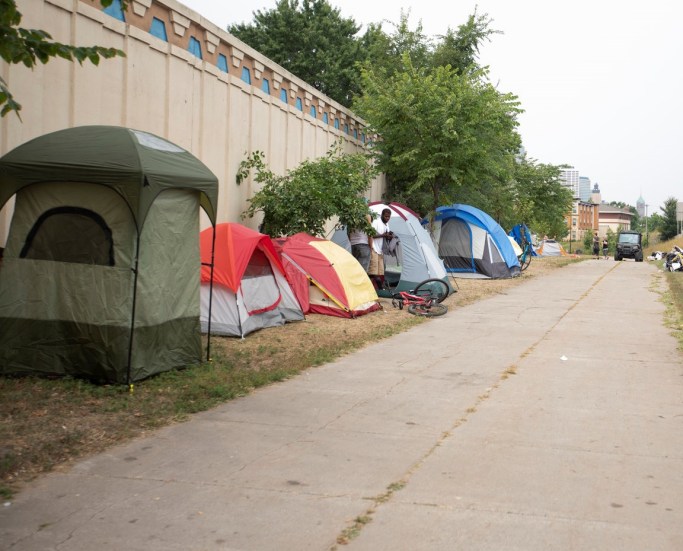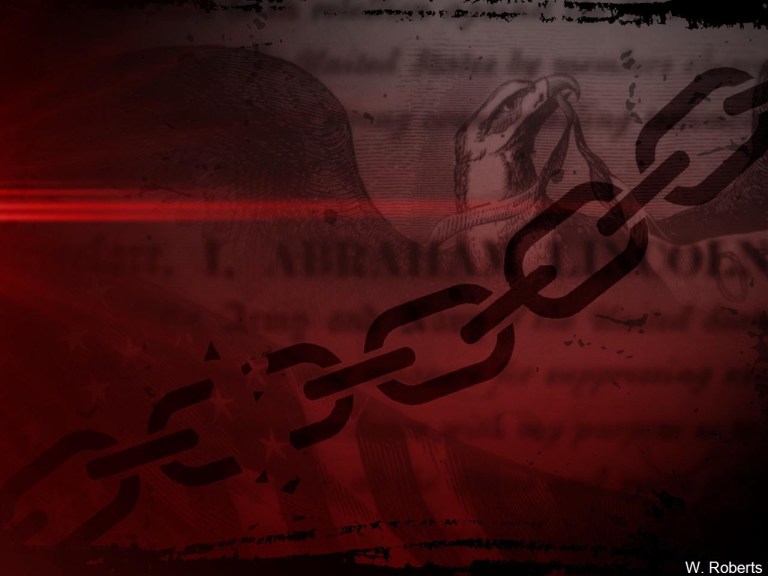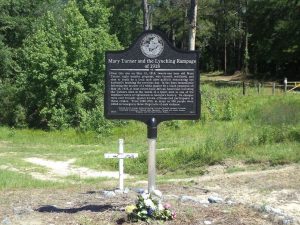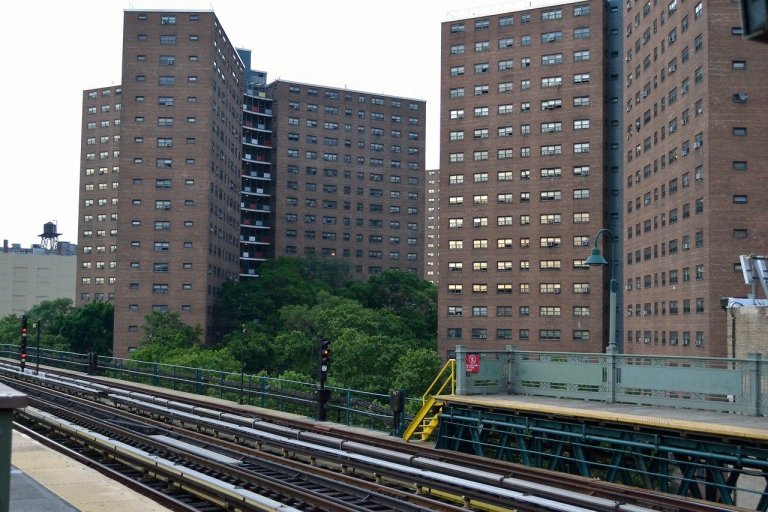Photo: Chris Jun.
This article first published 5/14/21 by the Minnesota Spokesman-Recorder. https://spokesman-recorder.com/2021/05/14/homelessness-grows-as-globalization-boosts-housing-costs/
Reflections of a veteran journalist
Wearing “Black Lives Matter” t-shirts and carrying a placard that read “Standing in
Solidarity,” protesters poured into the streets of Camden, New Jersey just days after a White
Minneapolis police officer cavalierly asphyxiated with his knee an unarmed Black man, George
Floyd.
In a country riven by race, it came as a surprise when a Camden police officer approached
one of the rally’s principal organizers, an African American mother of three named Yolanda
Deaver, to ask an impassioned question:
“Can I join you?”
“Absolutely” was Deaver’s response, and before long one Camden police officer was joined
by another and another until finally the police chief, Joseph D. Wysocki, asked to join. He
eventually posed for a photograph with Deaver and other protesters that went viral.
And so it came to pass that this impoverished city on the banks of the Delaware River
doubled down on an experiment in police reform. In the year since Floyd’s murder, violent crime
in Camden has declined at a time when violent crime rates nationwide are rising. Citizens’
complaints about excessive use of force have plummeted, and police officers regularly attend
barbecues, block parties, and recreation league basketball games.
Addressing budget concerns, City officials voted in 2012 to abolish Camden’s police force,
enabling it to be absorbed by the larger county agency. But this did little to defuse tensions in the
mostly Black city of 77,000. Only in the last year, since police joined hands with protesters, has
the City begun to really drill down on de-escalation techniques and improve relations with the
community.
The Camden County police remain a work-in-progress, but it has started a genuine dialogue
between the people and law enforcement. Kimberly Mutcherson, the co-dean of Rutgers-
Camden Law School pointed out, “one thing that’s interesting about Camden is that there was,
from the beginning, a police department and chief who recognized that the protesters, the people
out there, their cause is righteous.”
The murder of George Floyd on a street corner in South Minneapolis a year ago this week
has changed everything in America, and it has changed absolutely nothing.
There are encouraging signs that elected officials and policymakers are at least beginning to
listen to African American communities that have been under siege for the better part of the last
century. Yet there are at least as many signs of stasis and a State that has every intention of
continuing to terrorize Blacks.
Three hundred and twenty miles due south of Camden, protesters in Elizabeth City, North
Carolina entered a fourth week of demonstrations to demand that charges be filed against
Pasquotank County police officers who fatally shot an unarmed Black motorist, Andrew Brown
Jr., during a warrant search last month. The district attorney announced last week that the
shooting was justified, and that Brown’s attempts to escape represented an imminent threat to the
officers.
Lawyers for Brown’s family contend that Brown made every effort to elude the officers, not
attack them, and that firing into a moving vehicle violates the police department’s own
regulations.
Six days after Brown was fatally shot in the back of the head, an international panel of
experts and jurists from Africa, the Caribbean, Asia, Latin America and Europe issued a report
concluding that the systematic police killings of Black people in the U.S. constitutes a prima
facie case of crimes against humanity. The 12 rapporteurs appealed to the prosecutor of the
International Criminal Court, or ICC, to investigate responsible police officials, yet neither the
White House nor the U.S. Congress has responded to the report.
The killing of George Floyd on a South Minneapolis street corner a year ago has changed
everything, and it has changed nothing.





